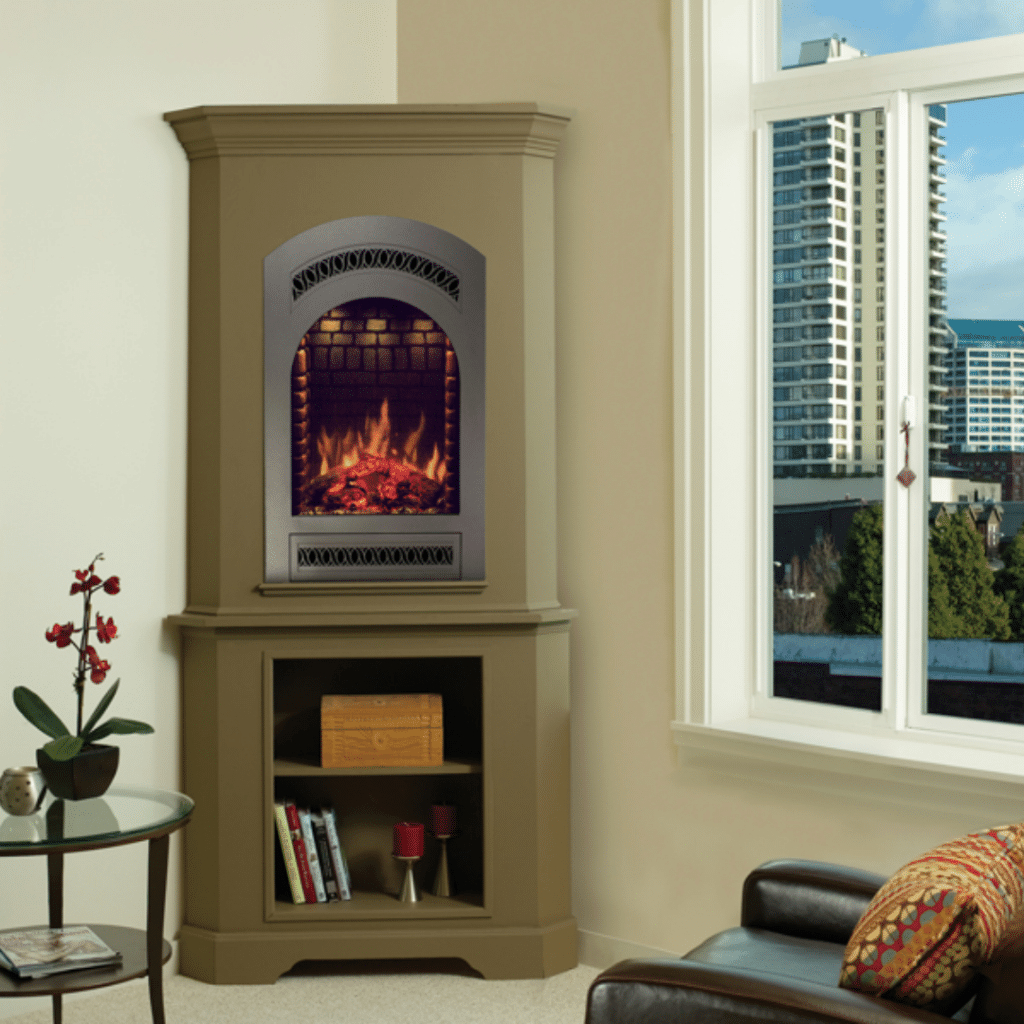
Flue & Chimney Cleaning Chemicals
Wood-burning fireplaces are warm, cozy and attractive, but they require proper maintenance, or the consequences could be quite severe. One of the major hazards of a wood-burning stove or fireplace is the development of creosote, a chemical that can build up on the inside of chimneys and flues. Regular cleaning and inspection, preferably by a professional, will prevent buildup, but you can prevent buildup yourself, as well, using chemicals that protect your fireplace from hazardous buildup and help you keep your home safe and clean.
Creosote
Creosote is a tarry substance that forms when wood burns and is carried up the inside of a chimney as part of the smoke. The creosote collects on the inside of the chimney and traps carbon, usually soot, which is also part of the smoke from burning wood. The mixture dries and bakes against the inside of the chimney. Not only does this cause ventilation problems, but the mixture is quite flammable, and a chimney fire is dangerous and can lead to the destruction of your chimney or even your home.
Sodium Chloride
Sodium chloride, also known as table salt, is a simple chemical that is easy to find. Put a little salt in the fire while it is burning. The salt combines with the water in the burning wood to create a weak acid that travels up the chimney and dissolves small amounts of creosote. This method should be used with care, however. It should not be overdone and should not be used in a metal chimney, as the acid can interact with the metal and cause corrosion.
Copper Sulfate
When choosing a commercially made chimney cleaner, one of the most effective ingredients is copper sulfate. This material coats and interacts chemically with the soot embedded in the creosote inside of your chimney and helps it burn away at a lower temperature than is normally needed. However, like table salt, copper sulfate combines with water and creates sulfurous or sulfuric acid. This acid can damage the inside of your chimney, and so should be used with care.
Other Considerations
While chemical cleaners can prevent buildup of creosote, the only way to effectively remove creosote is to manually scrub the inside of the chimney with an appropriate brush. Chemical cleaners should never be your sole method of cleaning your chimney. In addition, overuse can damage chimneys, particularly metal-lined chimneys, and can reduce the life of your chimney or flue. Too much of a chimney cleaning chemical can even cause a fire itself. An ounce per week is typically sufficient. Read all instructions before using any chemical cleaner.
Source: https://homeguides.sfgate.com/flue-chimney-cleaning-chemicals-47263.html
